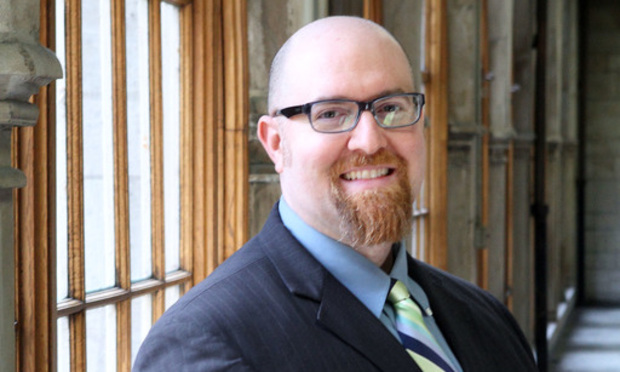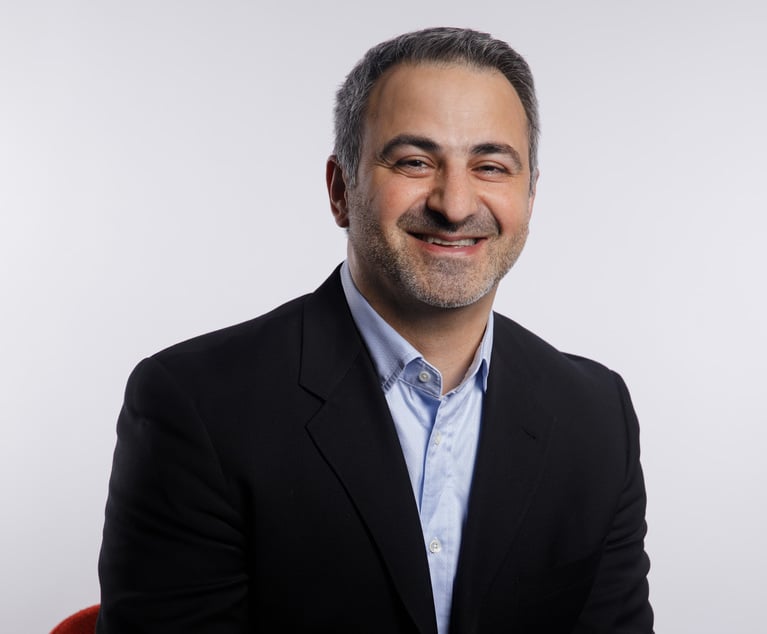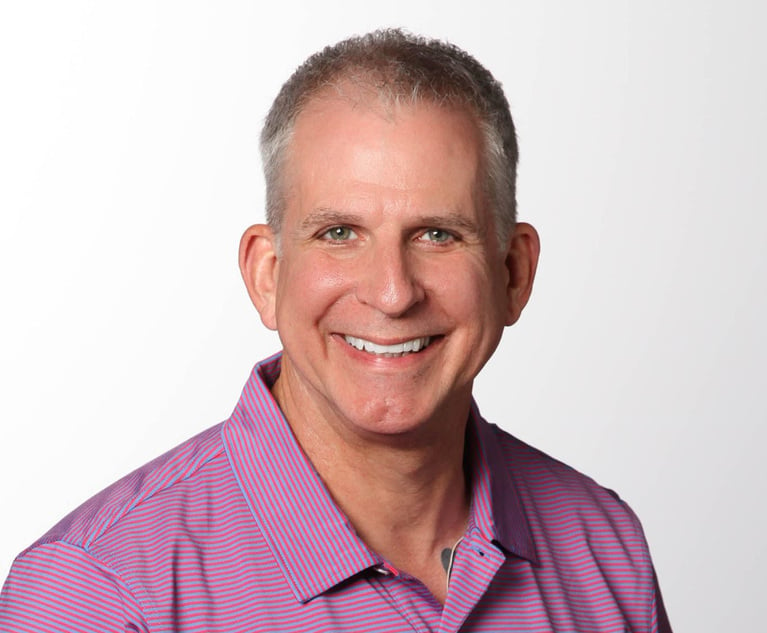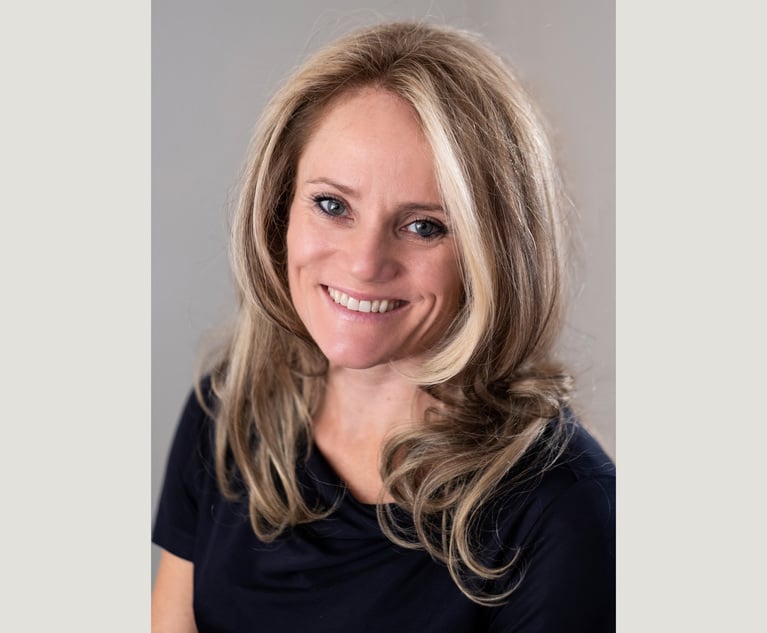The legal industry has sent some mixed messages when it comes to capacity for innovation. Often, one’s interpretation is dependent on whom you ask.
Former Littler Mendelson global director of data analytics Zev Eigen is known for his sobering assessment of law firm technology capabilities. Having joined Littler with a background equal parts analytics and law, Eigen has seen big data leveraged from the perspective of the enterprise as well as law firm. And in his view, the legal industry has much to learn when it comes to actually innovating.


 Zev Eigen.
Zev Eigen.





